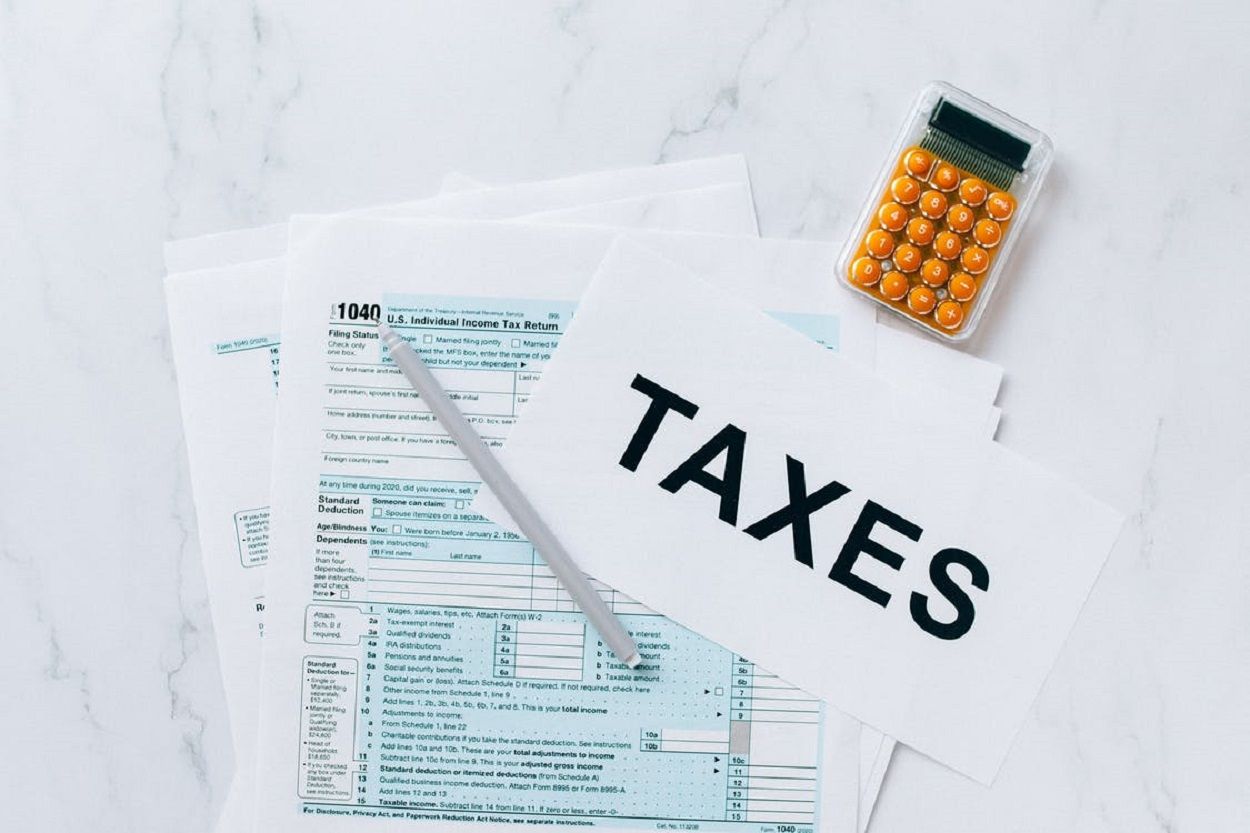- Investors can make money from strategic sale of profitable crypto held in brokerage accounts
- Harvesting tax gains is smarter than harvesting tax losses if you are in the 0% tax bracket
You might qualify for a long-term capital gains tax rate of 0 if you have owned cryptocurrency for more than 12 months according to experts cited by CNBC.
Individual filers can earn more than $44,000 this year in taxable income this year and pay nothing for capital gains. Experts say this could be a chance to sell and rebuy at once or harvest crypto gains.
A savings opportunity
Some crypto investors will have a surprising savings opportunity this year after the crypto industry lost almost $1.4 trillion in 2022. Many of them used tax losses to offset profits. The market has started to recover this year, and tax gain harvesting, or strategic sales of profitable crypto held in brokerage accounts, has become an option.
The strategy works for investors who have held digital assets for more than one year. They have “inbuilt gains” as the price of Bitcoin had more than doubled on November 17 compared to the beginning of the year.
How does it work?
Investors subtract the sales price from the original price of the crypto to calculate gains. When they rebuy the crypto, the original price adjusts to the new sales price, which is known as a “step-up in basis.” The higher original, or basis price, means a decline in future profit if prices continue to increase and you sell the crypto again later.
There’s money to be made from tax-free opportunities, but the final decision depends on the investor’s risk tolerance and goals.
Why it’s smarter to harvest gains
Harvesting tax gains is smarter than harvesting tax losses if you are in the 0% tax bracket, particularly if you’re buying back the asset immediately.
Tax loss harvesting is popular because of the so-called wash sale loophole. If you buy the same type of asset a month after or before selling it, the IRS bars a loss for other assets. However, this rule doesn’t apply to crypto losses or gains. Harvesting tax loss concedes future tax, while the tax gain strategy lets investors sell at a profit without owing tax.












